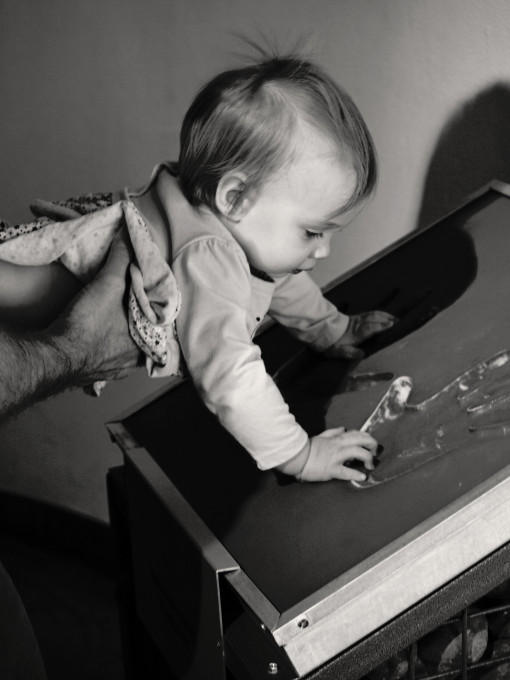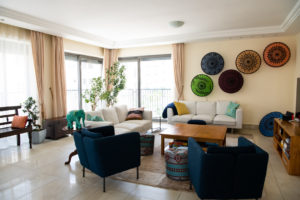The death of Nelson Mandela last week wasn’t exactly unexpected, but it still makes me sad and I can’t get it out of my head. I feel like I should be there in South Africa to mourn his passing. When I feel homesick lately, it’s for Pretoria. Is that un-American of me? I’m not saying that I don’t feel like an American. I am most definitely an American and very proud of my country. I even insisted on working in public service after law school out of some sense of obligation to my country, and I’m still in public service five and a half years later. But part of me is a little jealous that Willa was born in South Africa, because she will always have that connection to such a wonderful country.

As American as I am, I can’t help but think that I’m becoming a better person by taking on some of the better aspects of other cultures. In the United States, we are taught individualism and personal responsibility. This is not necessarily a bad thing: almost anyone in the Land of Opportunity can succeed, which makes our focus on self-reliance possible (I just read a great New Yorker article about the guy who brought Greek yogurt to America–Chobani is no Superyogurt, but I totally respect his initiative, and his massive fortune all started with an SBA loan). However, these values permeate our culture so deeply that we have people arguing for cuts in spending for education, nutrition assistance, and medical aid, to name just a few. I have a lot of libertarian friends who think we’d all be better off if the government stopped subsidizing these services and just allowed the market to set fair prices. That might be a simplification, but in general, they want the federal government out of their daily lives. In most parts of the world, however, people have more of a “share the wealth” philosophy. Yes, I know that sounds vaguely (well, not-so-vaguely) socialist, so let’s leave politics out of it now and just talk about individuals’ actions. There are some simple cultural practices that I think can make cities safer and everyone better off. For example, our Ethiopian neighbors took us out to dinner the other night. They insisted on paying for the meal, which made us feel a little uncomfortable thanks to our don’t-impose-on-others, Midwestern upbringings. But isn’t that a lovely way to welcome a new family to the neighborhood? By introducing us to their favorite restaurant, and picking up the check, they were compensating for our lack of family or connections here. They were saying: you are now part of our lives, you are part of our community, and we want to know you. A similar thing happened our first week in Pretoria. Our neighbors had a braai and invited us over. We made wonderful, lasting friendships thanks to that party, and the community was safer because we knew each others’ faces, and because we all swapped mobile phone numbers in case of emergency.
My parents’ neighbors in Rome, Alessandro and Svilena, love to treat us to meals, too. When they say “we would like to invite you to lunch,” they mean they are treating all of us to lunch, good wine, and dessert, and usually somewhere fancy. My dad, perhaps the most generous man in the world and also the least likely to impose on anyone (ever!), can’t stand that they do this. I mean, he loves it, because these neighbors have become their closest friends in Rome despite the language barrier. But when their backs are turned, he finds a way to pay for their meal so that they are always even.
Americans are incredibly generous, in general. If you include private donations and U.S. Government aid, America is by far the most generous country in terms of giving money to charity. But I’ve never had a neighbor invite me, a relative stranger, to dinner when I was new in town. And I’ve lived in a LOT of places in the United States. From now on, this is something I will do for newcomers. What a great way to keep a community close, reduce crime, and make new friends.



